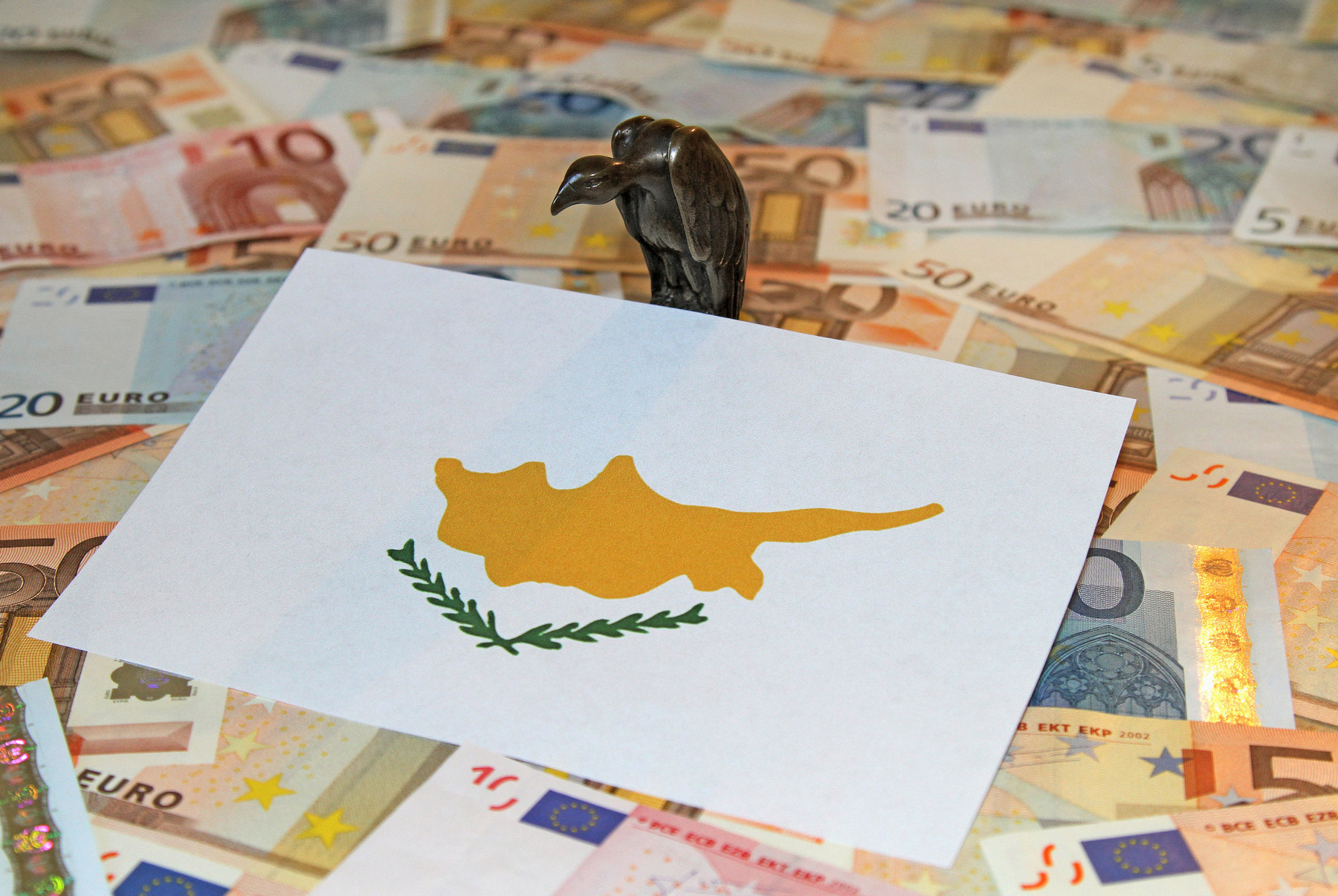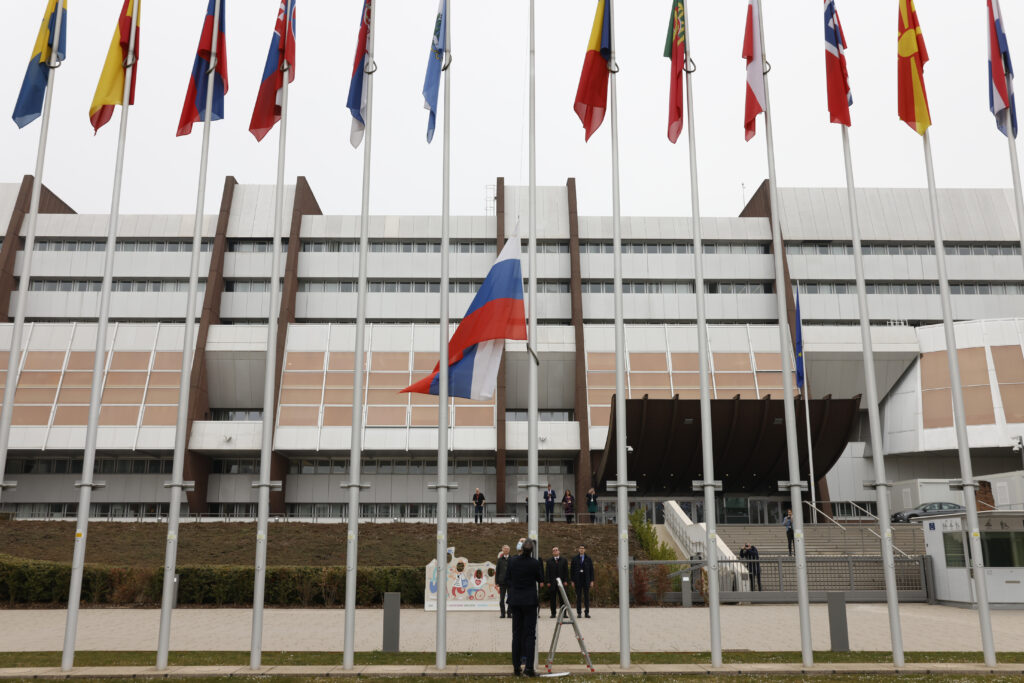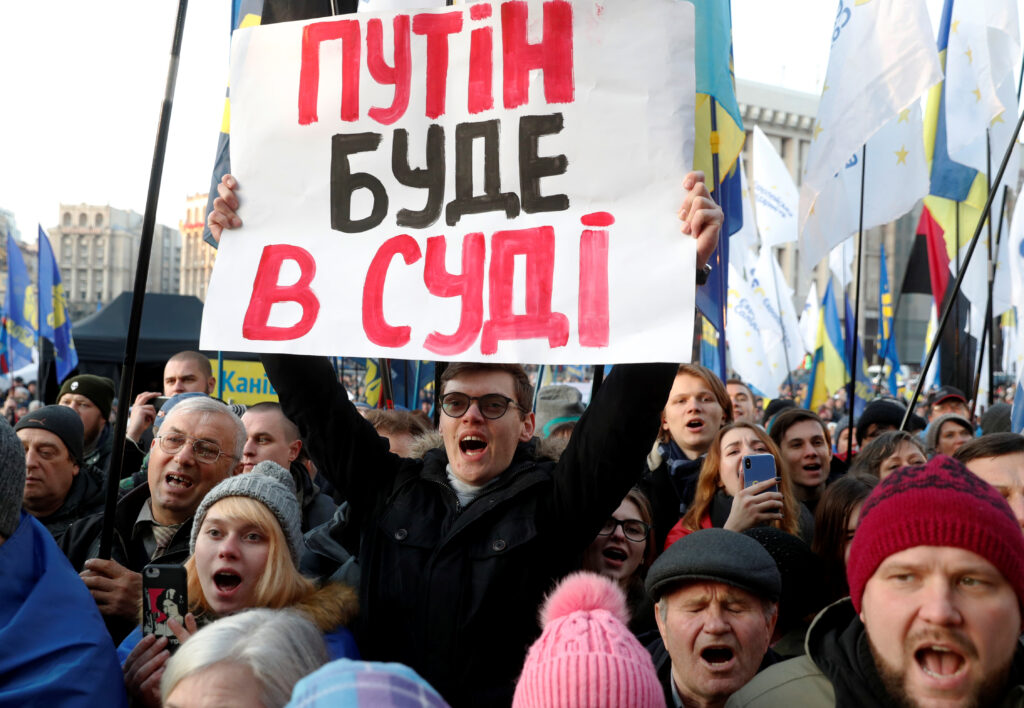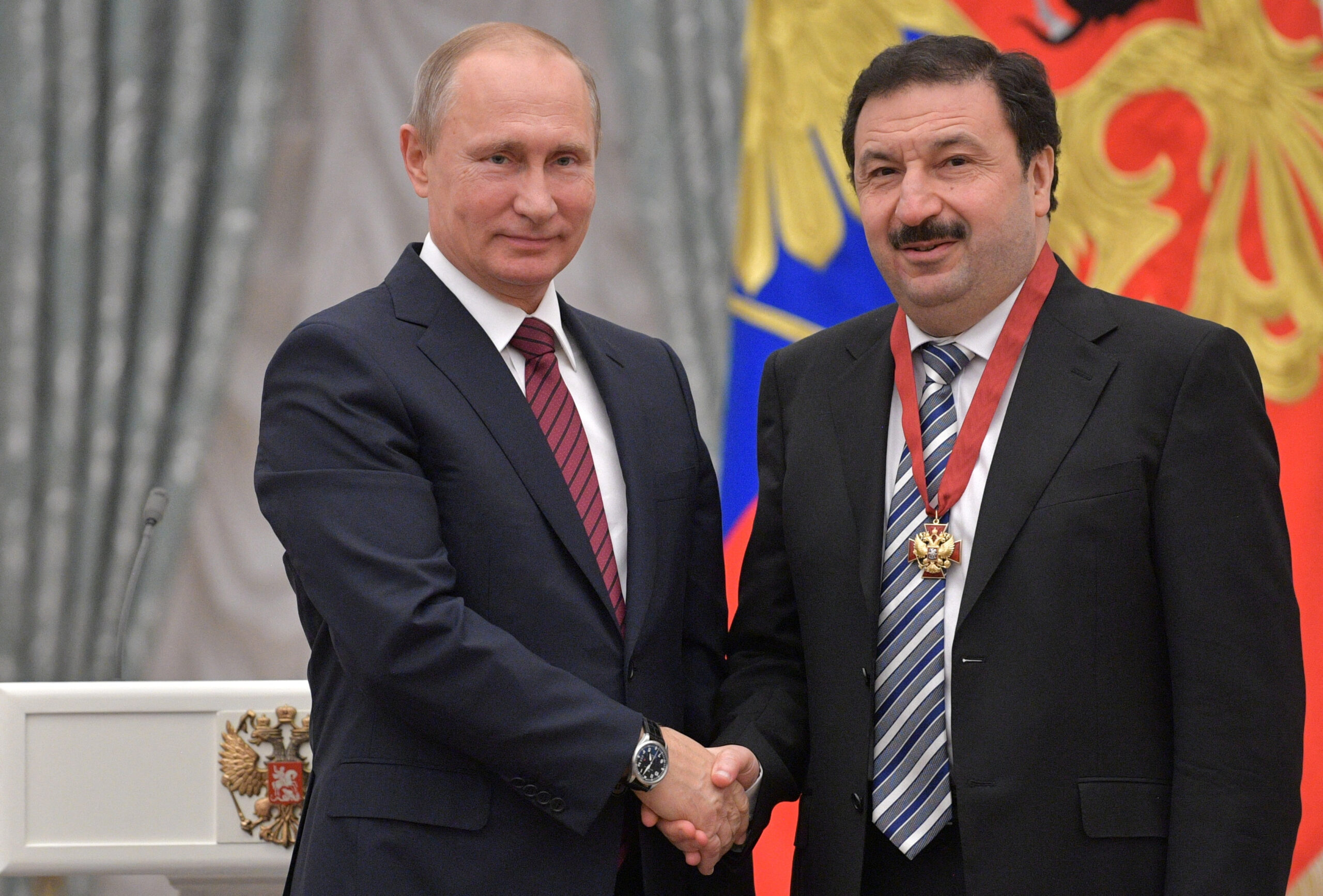Everything is well known about the benefits of having a second passport. With borders tighter due to the COVID-19 pandemic, its presence simplifies global travel and tourism. That said, Russians value a second passport for more than the freedom of movement. Since there are no guarantees of property rights or independent courts in the country, and everyone at any time can «become involved» in a criminal case. So, the second passport provides protection against extradition to Russia. At the same time, it is no longer enough to have the desire and cash to get a second passport. Even in the case of procedure for applying for citizenship, compliance comes to the fore. Here, US and EU sanctions play an increasingly important role.
Cyprus papers and Golden Passport
On August 26, 2020, journalists from the Qatari media holding Al Jazeera published the results of a study of 2,500 files of investment program participants who received a Cypriot passport. The identities of the new citizens of the Mediterranean island led investigators to dire conclusions: Cyprus sells passports to criminals; politically exposed persons (PEP) involved in corruption; and persons involved in sanctions lists. Most applicants would not have received a passport with a deeper check. It is not known for certain how such a large-scale leak of confidential documents could have occurred. Still, what we see is that two main categories of purchasers of the «golden passport» are Russians and the Chinese.
European Commissioner for Justice Didier Reynders has already called for a complete curtailment of the Citizenship by Investment program. He has threatened opening an enforcement case against Cyprus. The main reason is negligence relating to pan-European requirements for combating money laundering and terrorist financing.
Rules of the game of the globalized world
Only two years ago, getting a Cyprus passport for investment meant all you needed was desire and a required sum of cash. Now another participant has appeared in this process — compliance. Its entry was the natural result of a change in the rules of the game of the financial and economic world, which is globalizing according to American patterns. Since citizenship is granted for investment, where the transfer is aided by Western banks, these rules for the applicant are as follows:
- taxes must be paid;
- there are no claims to the origin of capital in terms of Anti-Money Laundering/Combating the Financing of Terrorism (AML/CFT); and
- the applicant is not included in the sanctions lists of the leading Western jurisdictions.
The relevance of the latter rule is well illustrated by the report «Art industry and US policy that undermines the effectiveness of sanctions» published by the US Senate on July 29, 2020. For decades, the US authorities turned a blind eye to opaque schemes for selling expensive paintings, money laundering in the art market, and hiding the ultimate beneficiaries. Now, bypassing US sanctions has become a red line for the US authorities. A global tightening of the screws in this highly profitable market will follow.
The European Commissioner is also right in his own way. Citizenship issues are the exclusive competence of the nation state. Only it has the right to decide upon whom to grant its citizenship and on what conditions. There is no international regulation or general European regulation on the issues of granting citizenship. Then again, each EU member state has to exchange tax information within the framework of the Common Reporting Standard (CRS), to fight against money laundering under Directive 5 of AML and not to allow persons involved in the EU sanctions lists into the country. So, the bank accepting the investor’s contribution becomes an involuntary controller of the Cypriot authorities and at the same time an accomplice. Due to the sovereign equality of states, the US authorities cannot prosecute Cypriot officials for issuing a passport to a sub-authorized person or impose sanctions on them for their decision, but they can create problems for the bank — right up to disconnecting it from the world banking system, or for an intermediary provider for helping a sanctioned individual.
«Banana» passport and the importance of US sanctions
For the importance of sanctions in matters of citizenship by investment, the case of the Caribbean Federation of Saint Kitts and Nevis is a textbook case. After Cyprus, this is one of the most popular destinations for getting a gold passport for Russian businessmen. Israel with its repatriation program does not count. Although the program has been operating since 1984, its dawn came at the end of the 2000s. To get citizenship, one had to buy real estate for $ 400,000 or invest $ 250,000 in the Islands Sugar Industry Fund. There was no need to physically go for a passport or live in a new homeland. Nor was it required to pay taxes or serve in the army. The passport came by mail. Moreover, even then this gave visa-free entry to 136 countries of the world, including the EU. Today there are 152 of them. Thanks to the active development of the program, many Russian citizens have acquired these passports. They affectionately call it a «banana passport.»
Financial contribution was almost the only requirement for applicants. The authorities of the islands shifted due diligence to intermediaries like Henley & Partners. In pursuit of easy profits, these intermediaries only conducted formal, superficial checks. The passport was issued to everyone. But this holiday could not last forever. In 2013, the United States expressed serious concern over the distribution of passports in Saint Kitts and Nevis. The US authorities did not like the possession of a passport by Iranians from the sanctions lists. Or Saint Kitts and Nevis-Chinese dual nationals, who were also involved in serious financial crimes. The authorities of the island federation announced the immediate withdrawal of passports from the sanctioned Iranians. In reality, this remained only words; no tightening of control procedures followed. The Financial Crimes Unit of the US Treasury Department (FinCEN) had to intervene. FinCEN’s verdict was strict: the island’s Citizenship by Investment program encourages financial crime; Iranians use their passport to circumvent sanctions. Under penalty of disconnection from the financial system, all American (read, Western) banks were ordered to tighten control over clients with passports of Saint Kitts and Nevis, to conduct extra identification to establish the identity and country of their main citizenship, and also to check for presence in US sanctions lists.
This threw the authorities of the islands to the other extreme. Now, with the slightest doubts about the reliability or «purity» of a citizen, authorities simply do not replace the expired passport after 10 years. Persons from the Interpol list, the FBI wanted list, who have procedural status in any criminal case in Russia, persons involved in the sanctions lists do not receive not only a reissued passport, but also an explanation of the reason or grounds for such a decision. The island authorities get information about the problems from their new citizens in the World-Check international compliance database and double-check it through Google.
The second warning
Cyprus learned about the change in the rules of the game a little later than the Caribbean Island Federation. In May 2018, a representative delegation of the American authorities led by Marshall Billingsley visited the island. Under pressure from the American authorities, Cypriot banks began to massively close the accounts of Russians and persons associated with them. The head of the Central Bank of Cyprus reported on the closure of 230,000 «Russian» accounts. Cypriot fiduciary companies began to show the door even to those involved in the Kremlin Report; mediators of the Golden Passport program stopped accepting applications from Russians under sanctions or with criminal problems. So that the Cypriot authorities do not relax, delegations of the US Congress are periodically sent to them with inspections; sometimes led by Maxine Waters herself, chairman of the House Financial Services Committee.
For the first time, the Cypriot authorities announced the revision of decisions on the issued «golden passports» in early November 2019. Among the Russians, Oleg Deripaska, who was under personal US sanctions, and two top managers of the sanctioned Eurofinance Mosnarbank, were worthy of attention. However, this did not lead to a real revocation of passports.
The legislation of both island territories does not contain provisions for the revocation of passports for investments with deliberate provision of false information and does not provide for refunds. Being under US sanctions is not a ground for revocation of citizenship. At the same time, Cyprus is a legal state and the administrative decision to revoke a passport can be challenged in 3 instances of the courts. Since Cyprus is a party to the European Convention for the Protection of Rights and Fundamental Freedoms of 1950, revoking a passport confirmed by the courts can also be challenged in the European Court of Human Rights. In total, the court cases will last 10 years, and all this time the person will be considered a citizen.
At the same time, the road to a second passport for investment is not closed in any jurisdiction. Newcomers only need to be ready to discover the concept of «compliance», and before contacting an intermediary, honestly answer the question — how much do you comply with the 3 rules of the global world.










